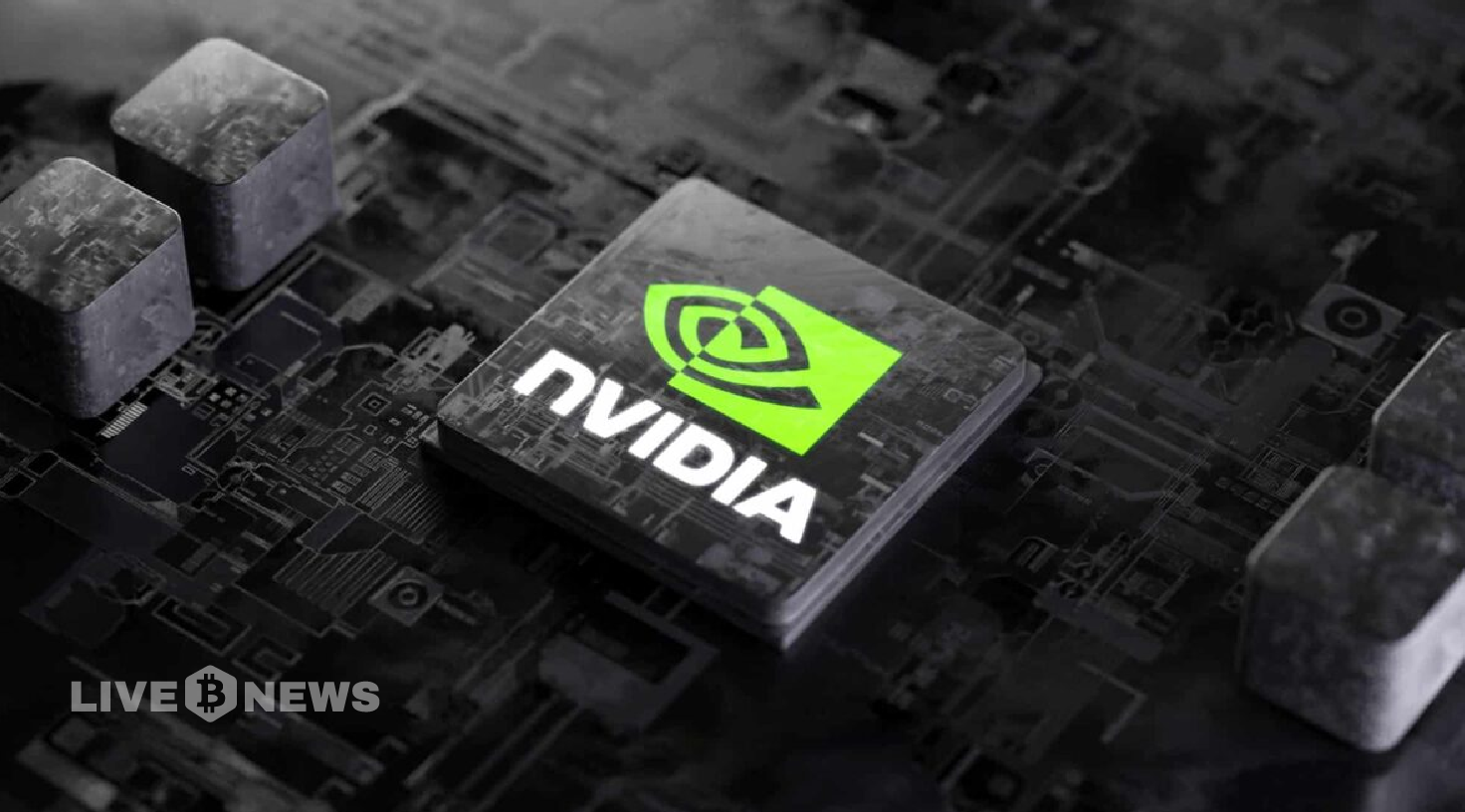- Nvidia faces a revived lawsuit claiming concealment of GPU sales to crypto miners.
- TDC is concerned that Nvidia’s lawsuit could lead to more crypto-related cases.
The Digital Chamber (TDC), formerly known as The Chamber of Digital Commerce, has expressed concern about a US Supreme Court ruling that could restart a case against chipmaker Nvidia. According to an amicus brief filed by TDC on August 20, the case could lead to an increase in “frivolous securities lawsuits” in the cryptocurrency sector.
The Supreme Court has renewed the action, which accuses Nvidia of deceiving investors about its GPU sales to crypto miners. The plaintiffs claim that Nvidia underestimated the size of its sales to miners, contributing to inflated stock valuations that eventually fell as the crypto market collapsed. The lawsuit, which was filed in 2018, claims that Nvidia concealed over $1 billion in GPU sales.
Digital Chamber Argues for Strict PSLRA Standards
Perianne Boring, TDC’s founder and CEO, said that the case is based on “unsupported assumptions” and lacked solid evidence. The brief argues that permitting the action to proceed could create a dangerous history, leading to more speculative claims against innovative companies, particularly those in the cryptocurrency field.
TDC members, including key businesses such as Crypto.com, Ripple, and Binance, argue that such action will hinder research and investment in blockchain technology. They say that the case does not meet the requirements of the Private Securities Litigation Reform Act of 1995 (PSLRA), which aims to shield new technology against baseless claims.
Joshua B. Simmons of Wiley Rein LLP, who represents TDC, applauded the chance to promote equitable legal norms in fast-growing areas. The Digital Chamber’s representation includes a Wiley Rein LLP team, showing the firm’s commitment to supporting the interests of the crypto industry.
In an additional legal battle, YouTuber David Millette claims that Nvidia used his videos to train its AI model without authorization. The complaint demands more than $5 million in damages and an injunction. Millette suggests that more than 100 YouTubers may participate, raising ethical questions regarding AI training methods.
The Chamber cautions that if the plaintiffs prevail, the crypto industry will face costly legal battles, which could hinder technological developments and discourage future investment.

